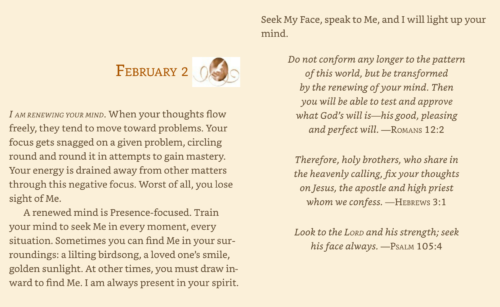Can We Be “Friends” with God?
Author and scholar Diana Butler Bass describes friendship with Jesus as something that—contrary to some popular opinion—is the mark of a mature faith. Friendship with God is at the heart of the biblical story:
The Bible tells a different story about friendship with God, especially in the Hebrew scriptures. Friendship is anything but immaturity; it is a gift of wisdom: “In every generation [wisdom] passes into holy souls and makes them friends of God, and prophets” (Wisdom of Solomon 7:27). Two of Israel’s greatest heroes, Abraham, the father of faith, and Moses, the liberating prophet, are specifically called friends of God. In Isaiah 41:8, God refers to Abraham as “my friend,” a tradition that carries into the New Testament (James 2:23). Of Moses, Exodus says: “The Lord used to speak to Moses face to face, as one speaks to a friend” (33:11), a very rare intimacy, for such close proximity to the divine usually meant death (33:20). . . .
The point is that friendship with God establishes the covenant—and that Israel is freed from bondage into a new family forged by friendship through the law given by Moses. Friendship with God is not a biblical side story; rather, it is central to the promises and faithfulness of being a called people, in which all are friends, companions, intimates, siblings, and beloved.
Early Christians, most of whom were Jews, knew all of this and extended the idea of divine friendship to Jesus. The New Testament vividly recounts the closeness of Jesus’s circle of friends, women and men transformed through their relationship with him. . . .
Butler Bass understands the “Our Father” prayer of Jesus to be ultimately about our mutual friendship with God:
Indeed, Jesus instructed his friends to pray to “Abba” (as we can assume he himself prayed), a term most often rendered as “Father” in English, but one that contains shades of meaning denoting intimacy and familiarity, including that of fraternal relations like “brother” or “companion,” and is related to the Hebrew word for “friend” (ahab), used to describe Abraham.
Thus, Jesus introduces his friends (the disciples) to his other friend (God) in the daily prayer known as the “Our Father,” perhaps the spirit of which is better captured by “Our Father-Friend” or just “Our Friend.” This idea of “Our Friend in heaven” was a revolutionary one, as Jesus, acting as a mediator of divine companionship, collapsed the sacred distance between God and us. . . .
Friendship is contingent on love—real love: compassion, empathy, reaching out, going beyond what we imagine is possible. That is the command: love. And if we reach out in love, friendship is the result, even friendship with God. Friendship is mutual, a hand extended and another reaching back. . . . Friendship is an eternal circle, the ceaseless reaching toward one another that strengthens us and gives us joy.
Diana Butler Bass, Freeing Jesus: Rediscovering Jesus as Friend, Teacher, Savior, Lord, Way, and Presence (New York: HarperOne, 2021), 3–4, 14.
